23 Room Types Or Types Of Room In Hotels | Resorts
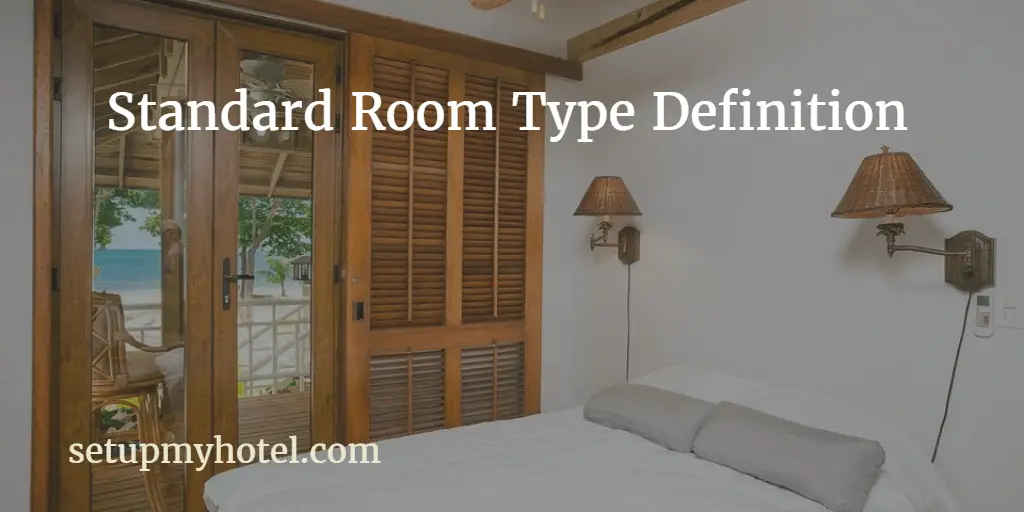
Types Of Rooms in Hotels When it comes to booking a hotel room, there are many different types of rooms ...
Read more
Room Status Terminology / Definition In Hotels | Resorts
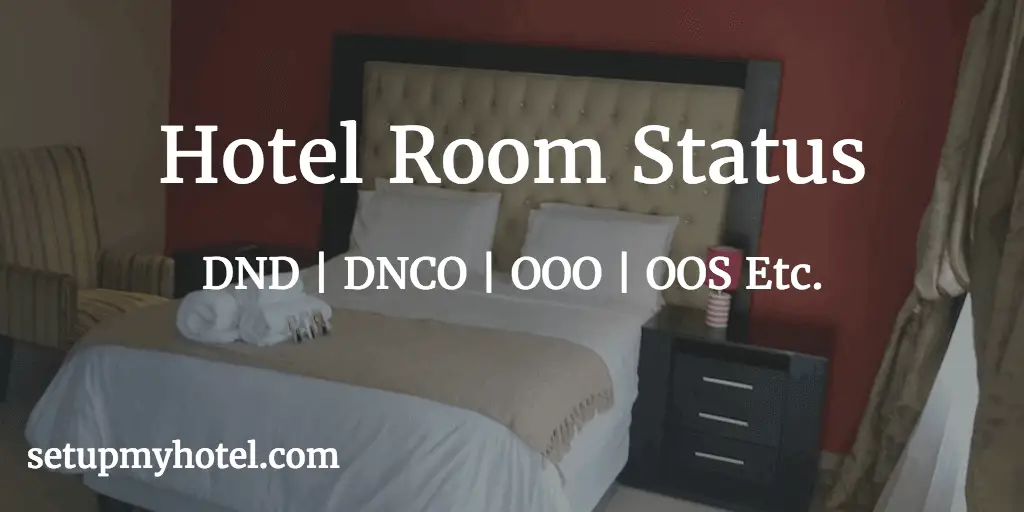
Room Status Terminology / Definitions for hotels During the guest’s stay, the housekeeping status of the guest room changes several ...
Read more
Building Telephone Skills For Hotel Staff

How to Build Telephone Skills for Telephone Operators? In the hospitality industry, communication is key. One of the most important ...
Read more
Mission And Goals Sample For Hotels

How to define Hotel Missions and Goals The mission and goals of a hotel are crucial in defining the direction ...
Read more
Why Do People Travel? Or Reasons For Travelling

The top reason for travelling or Why do people travel? People travel for a variety of reasons, ranging from leisure ...
Read more
About Travel and Tourism Industry

About The Travel and Tourism Industry The hospitality industry is part of a larger enterprise known as the travel and ...
Read more
Top 10 Dialogues Used In Front Office

Dialogues Used By Front Office: Front office dialogues are an essential part of any business that involves customer-facing interactions. These ...
Read more
FO Formula – Average Room Rate (ARR) | Average Daily Rate (ADR) Calculator | Hotels
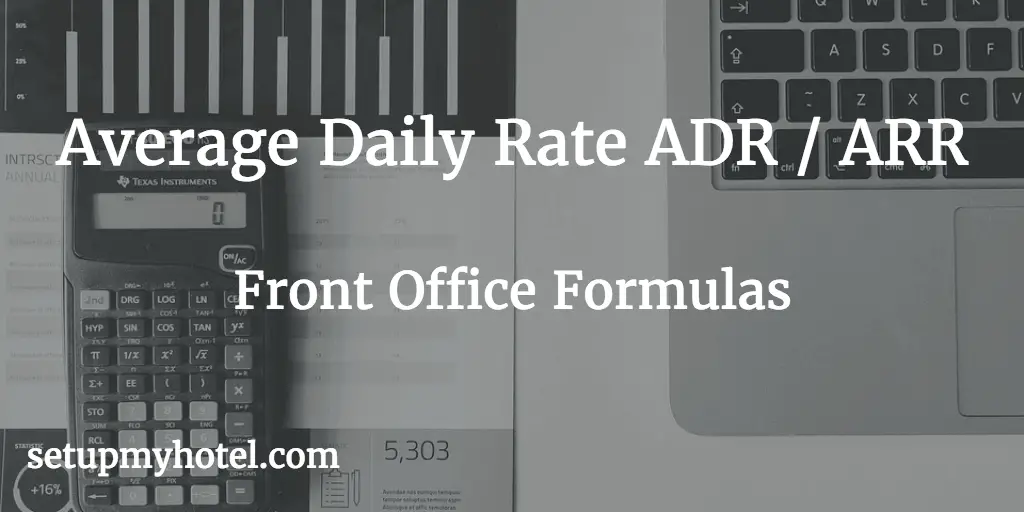
Formula to Calculate Average Room Rate (ARR) | Average Daily Rate (ADR) Calculating the Average Room Rate (ARR) and the ...
Read more
FO Formula – Revenue Per Available Room (RevPAR) | TRevPOR Calculator
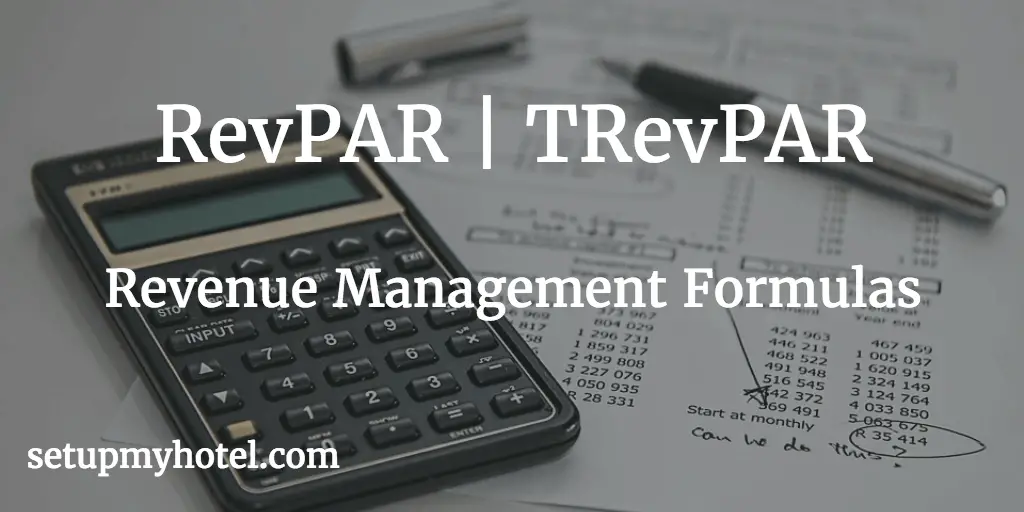
The Formula for calculating Revenue per Available Room (RevPAR) Revenue per Available Room (RevPAR) – RevPAR is one of the ...
Read more
FO Formula – Hotel Occupancy Percentage Calculator
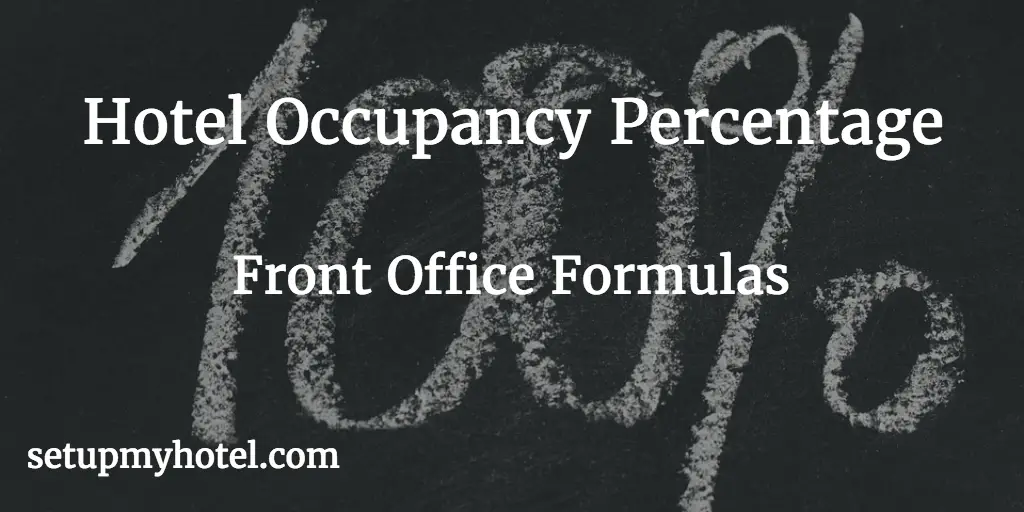
FO Formula – Hotel Occupancy Percentage | Occupancy Ratio Calculation The FO Formula, also known as the Front Office Formula, ...
Read more










